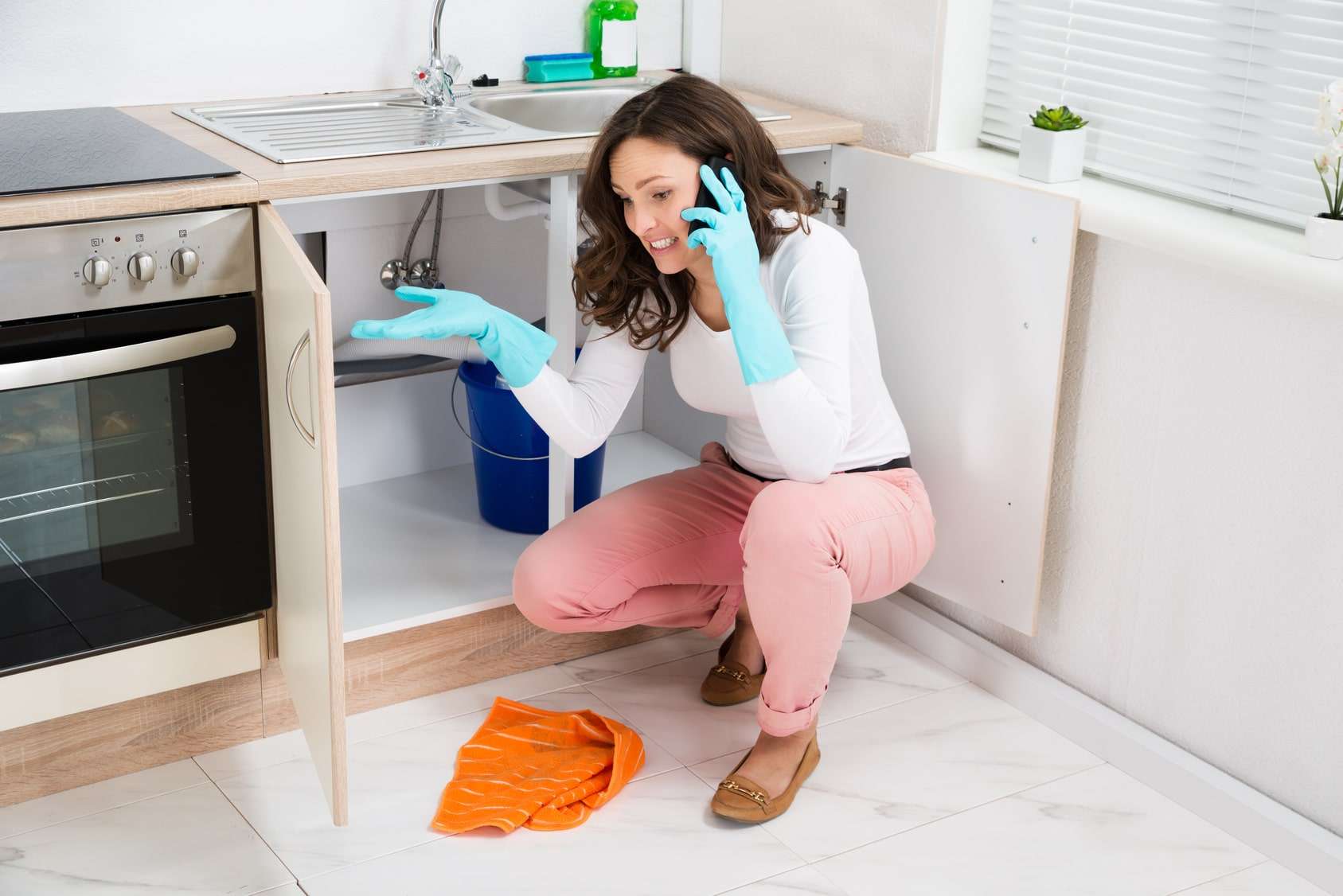Your Residential Common Common Triggers of Water Leaks: Detailed Examination
Your Residential Common Common Triggers of Water Leaks: Detailed Examination
Blog Article
We've unearthed the article on How to Find Water Leaks below on the web and figured it made good sense to relate it with you in this article.

Leakages not just create waste of water however can also cause unneeded damage to your residence and advertise undesirable natural development. However, water leakages could go undetected given that a lot of the pipework in our home is hidden. By looking and also comprehending for daily situations that cause leakages, you can shield your residence from future leaks and unneeded damages. Today, we will take a look at 6 leakage triggers that may be creating your pipelines to leak.
Immediate temperature level changes.
Severe temperature changes in our pipelines can trigger them to increase as well as contract all of a sudden. This expansion and also contraction might trigger cracks in the pipelines, especially if the temperature level are below freezing. It would be best if you watched on how your plumbing functions. The visibility of the previously stated situations regularly suggests a high threat.
Rusty water supply
This could be the reason of discoloration or warping on your water pipes. If our plumbing system is old, think about changing the pipelines given that they are at a higher danger of deterioration than the more recent models.
Defective Pipe Joints
Pipeline joints can wear away over time, resulting in water leakages. If you have loud pipes that make ticking or banging noises, particularly when the hot water is turned on, your pipe joints are probably under a whole lot of stress.
Elbowing in origins
The majority of water leakages begin outside your home rather than inside it. If you discover a sudden decrease in water stress, say in your faucet, take some time to head out and also analyze your backyard. You could observe wet patches or sinkholes in your backyard, which may imply that tree origins are attacking water lines triggering water to leak out. You can have your plumber check for invasion, particularly if you have trees or shrubs near your residential or commercial property.
Poor Water Connectors
At times, a leak can be created by loose pipes and pipes that provide your home appliances. In instance of a water connections leakage, you might discover water running straight from the supply line or pools around your home appliances.
Obstructed Drains
Clogged drains pipes could be frustrating and inconveniencing, however they can occasionally end up triggering an overflow bring about burst pipes. Maintain getting rid of any materials that might drop your drains pipes that can clog them to prevent such aggravations.
All the above are root causes of leaks but not all water leaks arise from plumbing leaks; some leaks could come from roofing system leaks. All leaks should be repaired right away to stay clear of water damages.
Leaks not only trigger waste of water yet can additionally cause unnecessary damage to your house and also promote undesirable natural development. By looking and comprehending for everyday circumstances that trigger leakages, you can shield your residence from future leakages and also unnecessary damage. Today, we will look at six leak causes that may be triggering your pipes to leak.
At times, a leak can be triggered by loose pipes as well as pipelines that supply your home appliances. In situation of a water connections leak, you might observe water running straight from the supply line or pools around your home appliances.
How To Check For Water Leak In Your Home
How To Check for Leaks
The average household's leaks can account for nearly 10,000 gallons of water wasted every year and ten percent of homes have leaks that waste 90 gallons or more per day. Common types of leaks found in the home are worn toilet flappers, dripping faucets, and other leaking valves. These types of leaks are often easy to fix, requiring only a few tools and hardware that can pay for themselves in water savings. Fixing easily corrected household water leaks can save homeowners about 10 percent on their water bills.
To check for leaks in your home, you first need to determine whether you're wasting water and then identify the source of the leak. Here are some tips for finding leaks:
Take a look at your water usage during a colder month, such as January or February. If a family of four exceeds 12,000 gallons per month, there are serious leaks.
Check your water meter before and after a two-hour period when no water is being used. If the meter changes at all, you probably have a leak.
Identify toilet leaks by placing a drop of food coloring in the toilet tank. If any color shows up in the bowl after 10 minutes, you have a leak. (Be sure to flush immediately after the experiment to avoid staining the tank.)
Examine faucet gaskets and pipe fittings for any water on the outside of the pipe to check for surface leaks.
Undetected water leaks can happen without the home or business owner even realizing. If you suspect a water leak, but not able to find the source. It is time to contact a professional water leak detection service, The Leak Doctor.
How To Find a Water Leak In Your Home
https://www.leakdoctor.com/blog/How-To-Check-For-Water-Leak-In-Your-Home_AE197.html

As a devoted person who reads about How to detect water leaks in your home, I imagined sharing that editorial was a smart idea. Be sure to take the opportunity to distribute this article if you liked it. Thank-you for your time invested reading it.
We're alert, ring! Report this page